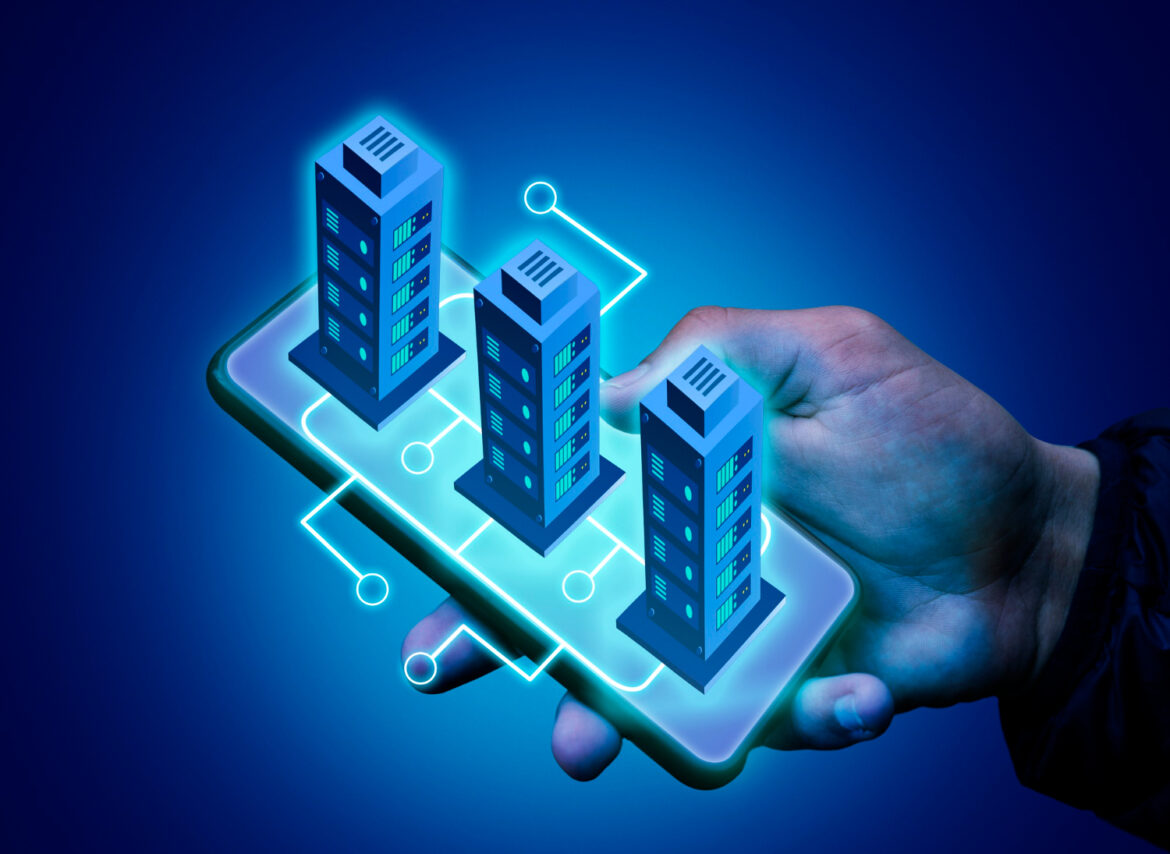Latvia is embracing smart city technologies to improve urban living across the country. These innovations reduce waste, save energy, and improve city life. In Riga and other cities, digital services help residents manage everything from parking to public transport. Latvia also focuses on sustainability, using tech to lower emissions and protect natural resources. Importantly, the country includes its citizens in digital planning. Smart solutions are not only efficient—they also reflect local needs. Public and private sectors are working together to invest in modern infrastructure. Clearly, Latvia aims to become a model of smart city innovation in the Baltic region.
Smart Mobility: Greener Transport for Better Cities
One major focus of Latvia smart city technologies is transport. Cities are using electric buses and smart traffic systems. Riga now has apps for planning eco-friendly travel and reducing car usage. Public bike and scooter rentals are also available for daily commuters. Some cities test autonomous shuttles to improve last-mile connectivity. These changes help reduce traffic and lower carbon emissions. Parking sensors and smart traffic lights make driving more efficient. The goal is to make moving around cities cleaner, faster, and more convenient. Step by step, Latvia is moving away from car-centered planning.
Smart transport highlights:
-
Electric buses reduce air pollution and noise.
-
Bike-sharing programs offer green alternatives.
-
Apps help plan routes using real-time traffic data.
-
Smart parking reduces congestion and saves time.
E-Government: Fast and Transparent Public Services
Latvia smart city technologies also focus on digital governance. Citizens can access most public services online. You can pay taxes, register a business, or apply for documents from home. Riga has a digital citizen portal that connects users to local services easily. Digital IDs and electronic signatures speed up administration. These tools improve efficiency and reduce paper use. In addition, smart cities make it easier to report public issues like potholes or broken lights. As a result, the government can respond faster and more accurately. Overall, this tech-driven governance boosts transparency and builds public trust.
-
Access to public services via online platforms
-
Digital portals streamline local service connections
-
Use of digital IDs and electronic signatures
-
Reduction of paper usage in administration
-
Easier reporting of public issues through smart tools
-
Faster, more accurate government responses
-
Enhanced transparency and public trust
Energy Efficiency: Smart Grids and Green Buildings
Latvia integrates smart technologies into buildings and energy systems. Cities install smart meters to monitor power usage in real time. This helps families and businesses save electricity and money. In new neighborhoods, energy-efficient buildings include solar panels and heat recovery systems. Some homes even use mobile apps to control lighting and temperature remotely. Latvia’s energy grid is also becoming smarter and more responsive. This ensures steady power even during peak hours or outages. Over time, smart energy systems will lower national carbon emissions significantly. Green tech is not a trend—it’s a priority in Latvian urban design.
Waste Management: Cleaner Cities Through Smart Sensors
Smart sensors now help monitor waste levels in bins across Latvian cities. These sensors alert waste services when bins are full. That means trucks only go where needed, cutting fuel use and pollution. Some cities also use AI to optimize garbage collection routes. Recycling centers include smart sorting machines that improve efficiency. Public awareness campaigns, paired with data, help reduce littering. Schools teach children about digital tools that help keep cities clean. Latvia’s smart waste systems are modernizing how cities manage cleanliness and sustainability. Clean streets and greener processes go hand in hand.
-
Smart sensors monitor waste bin fill levels
-
Waste collection routes optimized with AI
-
Smart sorting machines in recycling centers
-
Public campaigns combined with data to reduce littering
-
Educational programs on digital tools for cleanliness
-
Modernized waste management for sustainability
-
Cleaner streets paired with greener processes
Safety and Surveillance: A Smarter, Safer Environment
Latvia smart city technologies are improving public safety through intelligent surveillance systems. Riga uses smart cameras in high-traffic zones to detect accidents or unusual activity. These systems alert police or emergency services quickly. Street lighting is also becoming smarter, adjusting brightness based on movement. This saves energy and increases safety at night. In schools and public buildings, smart alarms improve emergency response times. Apps allow residents to report suspicious behavior anonymously. Cybersecurity is also a key focus, ensuring smart city data stays protected. With technology, safety becomes proactive—not just reactive.
Urban Planning and Data: Smarter Cities by Design
Smart city growth in Latvia relies on big data and advanced planning tools. City officials use sensors and data maps to guide urban development. These tools help planners understand traffic flow, noise levels, and air quality. In Riga, data dashboards track key indicators like energy use or population density. This makes city planning more responsive and transparent. Residents can also view planning proposals online and leave comments. Open data platforms invite startups and researchers to create useful city apps. Together, technology and data make urban spaces more efficient and people-focused.
-
Use of big data in urban development planning
-
Sensors monitor traffic, noise, and air quality
-
Data dashboards track energy use and population density
-
Public access to planning proposals and feedback
-
Open data platforms encourage innovation and startups
-
Urban spaces become more efficient and people-centered
Looking ahead, Latvia aims to expand its smart city solutions to smaller towns and rural areas. Fiber-optic networks will bring fast internet to remote villages. E-health services like telemedicine are gaining popularity across the country. Smart farming tools help rural communities monitor weather and manage crops more efficiently. Latvia also plans to test 5G-powered smart transport corridors. International collaboration, including with Nordic and EU partners, supports innovation. While progress is ongoing, Latvia remains committed to inclusive and green technology. Every smart decision today builds a better Latvia for tomorrow.

